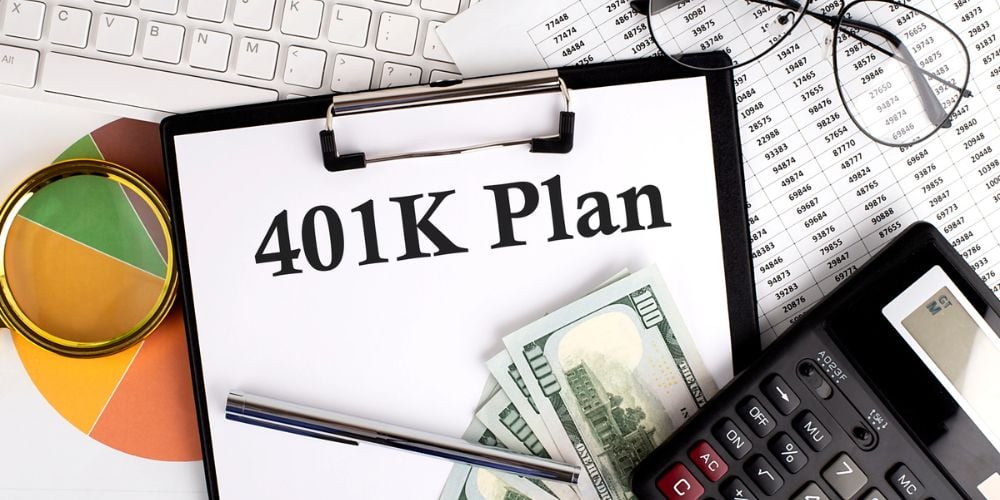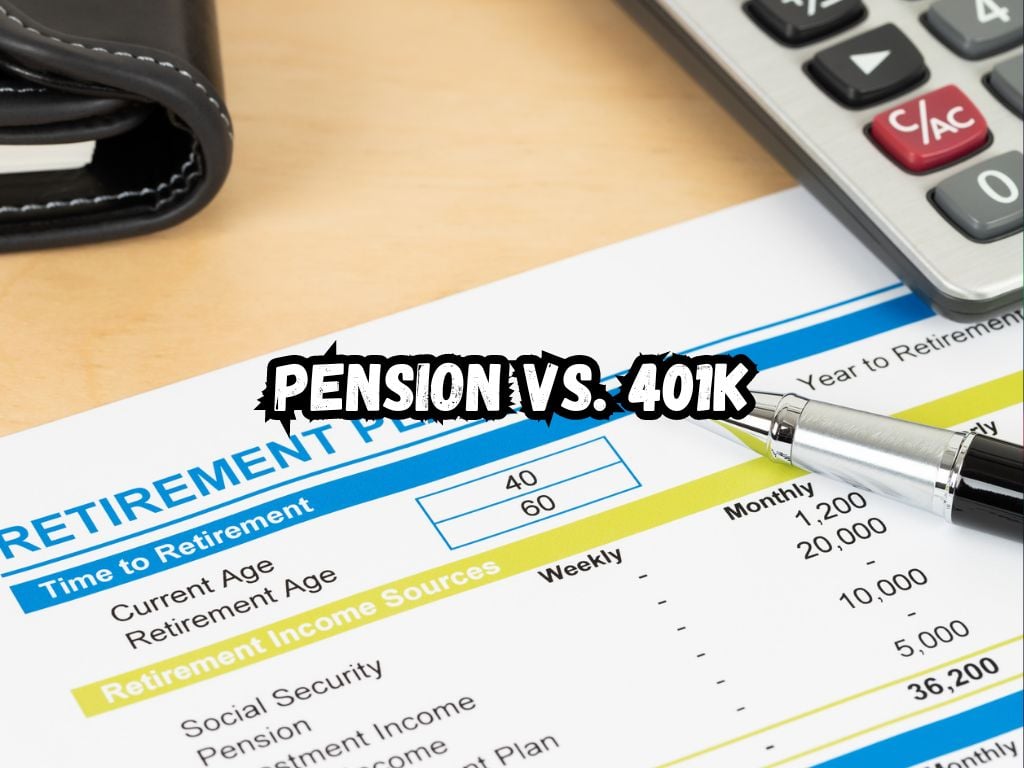Retirement planning is a crucial aspect of financial security. Understanding the differences between Pension Plans and 401k Plans can help you make an informed decision that best suits your long-term goals.
This article delves into the details of pension vs 401k, shedding light on their features, benefits, and potential drawbacks.
Understanding Pension Plans
Definition and Basics
A Pension Plan is a retirement plan offered by an employer which provides a fixed payout at retirement, typically determined by length of service and salary history.
These plans fall into two categories: Defined Benefit Plans, which promise a specific payment upon retirement, and Defined Contribution Plans, where contributions are paid into an individual account.

Key Features of Pension Plans
Pension Plans are primarily funded by employers, and the payouts are typically calculated through a formula considering years of service, age, and earnings.
The main benefits of these plans include stability and predictability, as they provide a guaranteed income after retirement.
Pros and Cons of Pension Plans
Pension plans offer financial security through guaranteed benefits after retirement. However, they also come with limitations such as reduced flexibility compared to other retirement savings options.
Another potential downside is the reliance on the employer’s financial stability, which if compromised, could affect future payouts.
Understanding 401k Plans
Definition and Basics
A 401k is a savings plan initiated by employers that allows employees to save and invest for their own retirement on a tax-deferred basis. Employees can choose to have a portion of their salary paid directly into an account, with two primary types available: Traditional 401k and Roth 401k.
Key Features of 401k Plans
401k plans are well-known for their flexibility in terms of contributions, which are often matched by employers to a certain percentage. These plans also offer tax advantages. Contributions to Traditional 401k plans reduce taxable income, while withdrawals from Roth 401ks are tax-free.
Pros and Cons of 401k Plans
The major advantages of 401k plans include higher potential returns and flexibility. Participants can decide how much to contribute and have the ability to invest in various securities.
On the flip side, these plans are subject to market risks that can affect the account value. Additionally, mismanagement of the portfolio could result in insufficient funds at retirement.
Comparative Analysis: Pension Vs 401k
Financial Implications
The choice between a pension and a 401k can significantly affect one’s financial security during retirement. Pensions offer predictable payouts, which is comforting to many retirees.
Conversely, 401k plans can potentially provide higher returns through investments in the stock market, though this comes with higher risk.
Suitability Based on Career Stage and Goals
For those early in their careers or frequently changing jobs, a 401k might be beneficial due to its portability and varying contribution levels.
Alternatively, pensions are ideally suited for those with stable careers at a single employer, particularly in public sector roles where pensions remain common.
Employer and Employee Contributions
Employer contributions to pensions are generally not optional and are calculated based on salary and service.
In contrast, 401k plans often feature optional employer matching, providing additional incentive for employees to contribute.
Key Considerations Before Choosing
When deciding between a Pension Plan and a 401k, consider your financial situation, retirement goals, and risk tolerance.
It’s important to understand both the potential growth and the risks associated with each plan.

Pro Tips for Optimal Retirement Planning
Consulting with a financial advisor can provide personalized advice tailored to your financial situation.
Regular review of your retirement plan is also crucial to respond to market changes and personal circumstances.
Staying informed about legislative changes can also help maximize your retirement savings.
Frequently Asked Questions
What happens to my Pension or 401k if I change jobs?
Pensions may be frozen or remain with the employer, whereas a 401k can typically be rolled over into another plan or an IRA.
Can I have both a Pension Plan and a 401k?
Yes, some employers offer both and employees can contribute to both a pension and a 401k.
How do employer contributions differ in Pension Plans and 401ks?
Employers fully fund most pensions, while 401k contributions are often matched to a specific percentage of employee contributions.
What is the impact of economic downturns on Pension Plans and 401k?
Pensions are usually less affected as long as the company remains solvent, while 401ks may lose value if the invested assets perform poorly.
What are the tax implications of withdrawing funds from Pension Plans and 401ks before retirement?
Early withdrawals generally attract a penalty in addition to taxation at the current rate.
Conclusion
Choosing between a Pension Plan and a 401k depends largely on individual circumstances such as employment stability, financial goals, and risk tolerance.
Both plans offer unique advantages and can play a crucial role in securing financial stability in retirement, making educated decisions crucial for long-term planning.


 Tags:
Tags:










